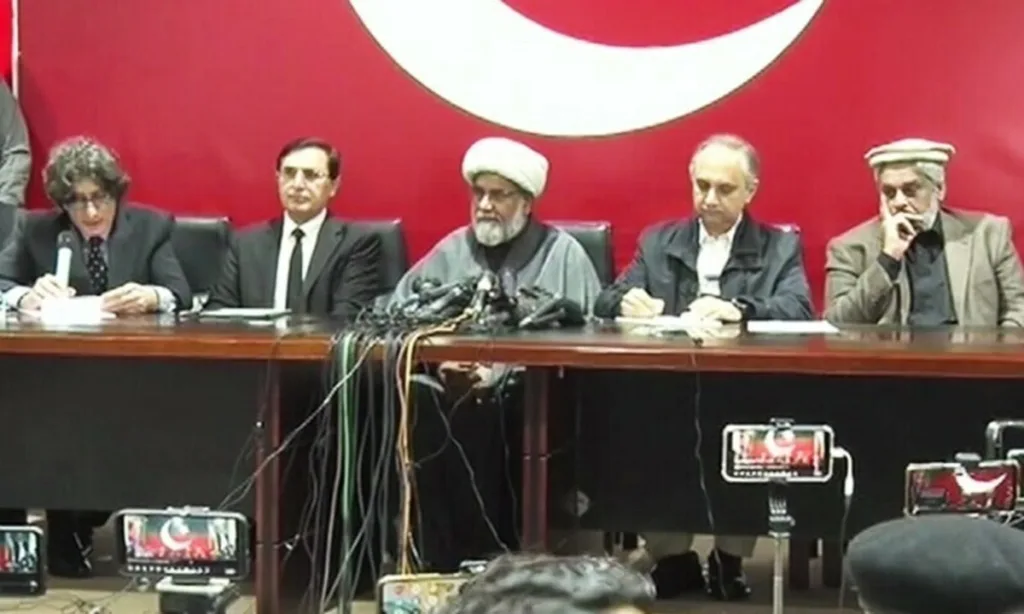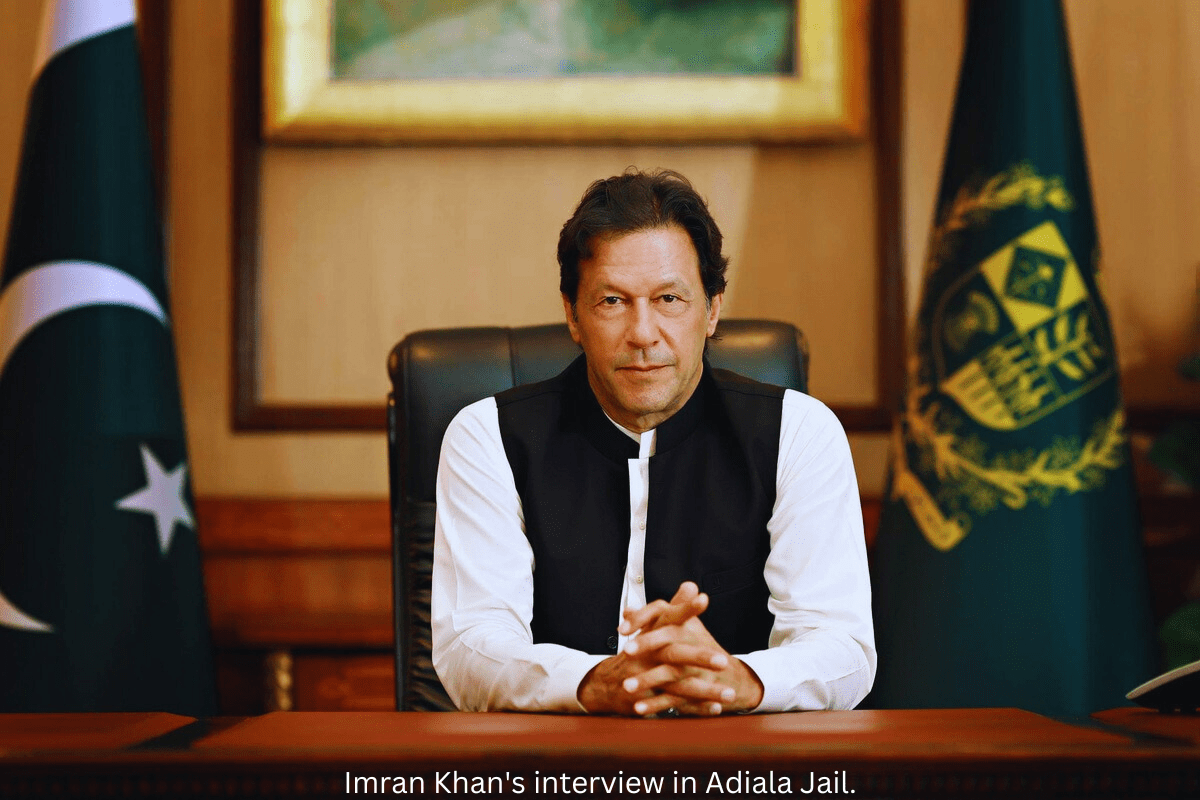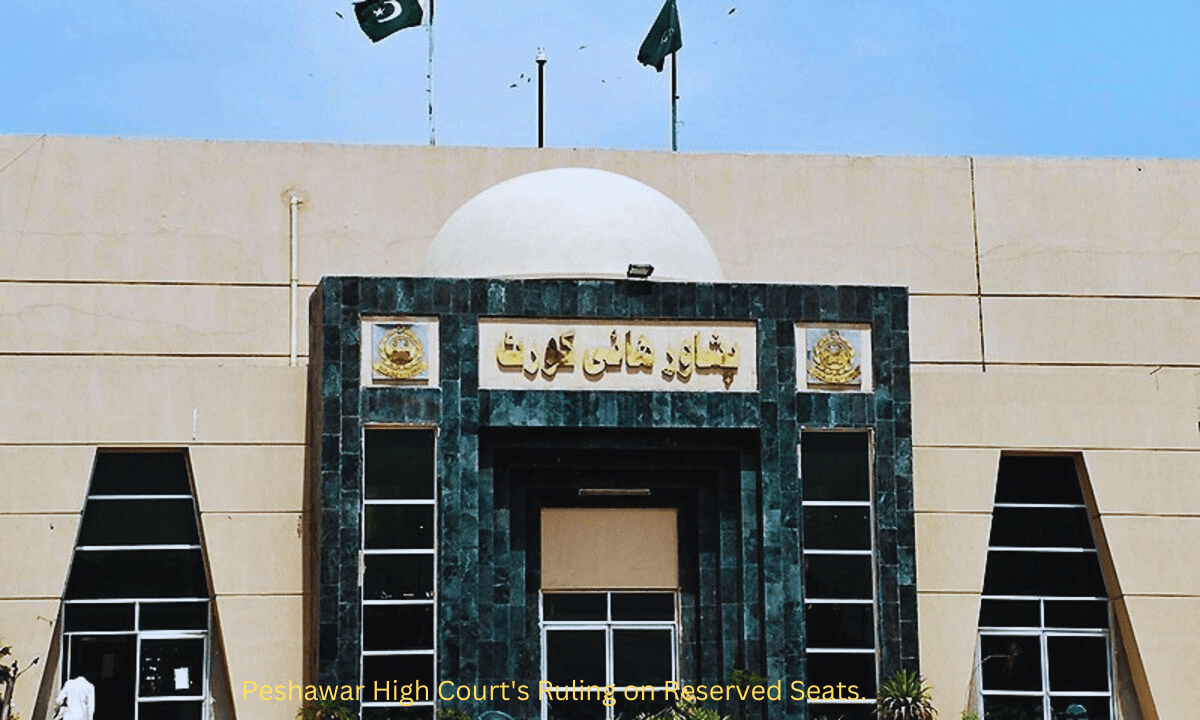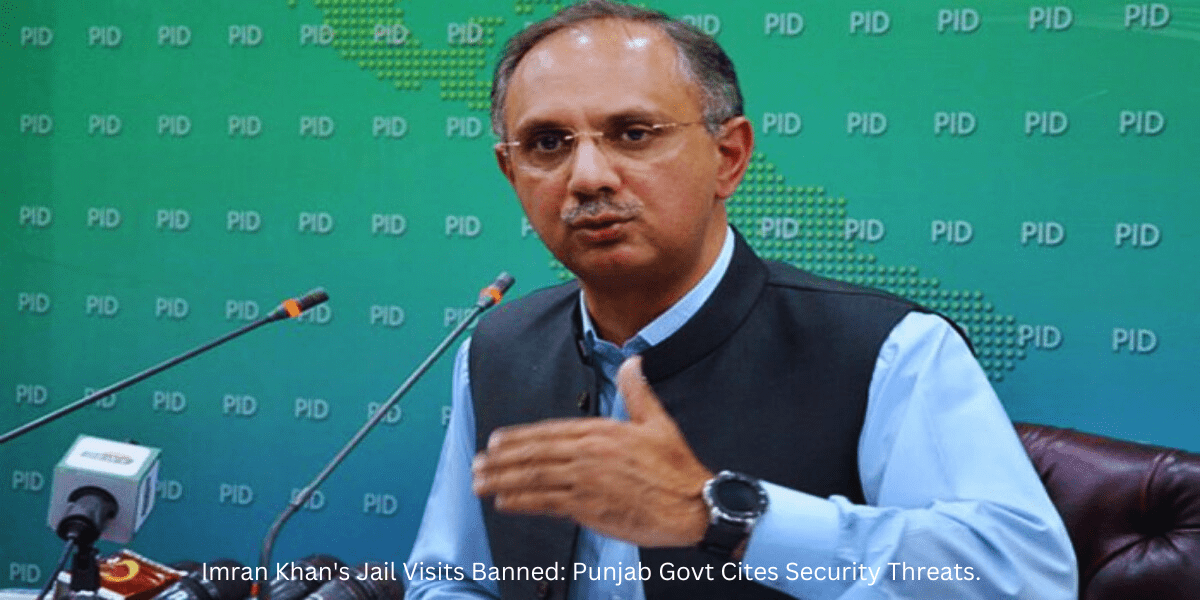
PTI’s strategic alliance with the Sunni Ittehad Council presents a unique political scenario. The quest for reserved seats, though intricate, is not unprecedented.
Past examples suggest that despite challenges, PTI may navigate the complexities successfully. The constitutional nuances and historical precedents underscore the dynamic nature of Pakistani politics.
As the courts decide the fate of PTI’s claim on reserved seats, the political landscape awaits a verdict that will shape the course of the next five years.
The Pakistan Tehreek-i-Insaf (PTI) has emerged as a significant player in Pakistani politics, particularly in the context of the recent general elections. Despite facing challenges such as the Supreme Court’s decision regarding intra-party polls, PTI has showcased strategic maneuvering to secure its position in the political landscape.
Sunni Ittehad Council: An Emerging Force
The Sunni Ittehad Council (SIC) has recently gained prominence, especially with its alliance with PTI. Established in 2001, SIC has aimed to counterbalance the influence of Deobandi ideologies in Pakistani politics. While previously contesting elections independently without much success, SIC’s collaboration with PTI has elevated its political standing.
Lal Malhi, PTI leader and the President of Minority Wing Sindh, confirmed that the SIC has not submitted a list of reserved candidates.
One would think that this settles the issue, preventing any future PTI claim. However, that’s not the case, according to him.
“PTI after allying with SIC will easily claim the reserved seats. The council has not submitted any lists yet and will soon submit them. We understand that Section 104 cannot stop [them] from submitting lists afterwards and there are examples of this in the past.
each political party submits a list of names for the reserved seats for women and religious minorities and after the election results, the parties are given a certain percentage of seats according to how many general seats the party ends up winning. In short, the more general seats a party wins, the more reserved seats they can lay a claim on.
According to Section 104 of the Election Act 2017, the list of reserved candidates has to be submitted by the contesting political parties before the elections. The issue here is that since SIC has not won even a single seat in the said assemblies, can the names of reserved candidates submitted by them be accepted by the ECP?
Secondly, has the SIC submitted such a list before the elections in the first place? Moreover, can they make additions to the list after the deadline has passed?
Navigating the Maze of Reserved Seats
Reserved seats in the National Assembly hold significant importance, particularly for underrepresented groups such as women and religious minorities. PTI’s decision to merge with SIC aims at leveraging these reserved seats to strengthen its position in the legislative assembly. However, the process of claiming reserved seats involves navigating through legal intricacies and constitutional provisions.
In 2018, in Punjab, the list for minorities was not submitted [by the PTI] which was then submitted after the court’s hearing. The court in that judgement said that if any party has a reserved seat quota, it is non-transferable and it can’t be prevented. Therefore, we believe that PTI will be successful in getting reserved seats with the SIC coalition,” Malhi said.
When PTI did not submit a list in Punjab in 2018, PTI-affiliated Mahinder Pall Singh submitted a petition (Case no. 222851/2018) that was accepted by the Lahore High Court. “The party lists for reserved seats shall be accepted and petitioner-candidate shall be accordingly declared and included in the list of eligible candidates” after the passed deadline, the petition stated.
The general elections serve as the backdrop for PTI’s strategic moves and alliances. The outcome of these elections determines the distribution of seats and subsequently impacts the allocation of reserved seats. PTI’s decision to back independent candidates aligned with SIC reflects its strategic calculus in the post-election scenario.
By addressing each aspect with a focus on PTI, SIC, reserved seats, and general elections, we gain a comprehensive understanding of the dynamics at play in Pakistani politics.
Frequently Asked Questions( FAQ’s)
Q: What challenges does PTI face in claiming reserved seats with Sunni Ittehad Council?
A: The absence of a submitted list by SIC raises questions about the legitimacy of their claim. PTI may need legal recourse to secure reserved seats.
Q: Are there precedents of parties claiming reserved seats without winning any general seats?
A: Yes, instances like BAP in KP and PTI in Punjab in 2018 suggest that parties can secure reserved seats even without winning general seats.




Leave a Reply